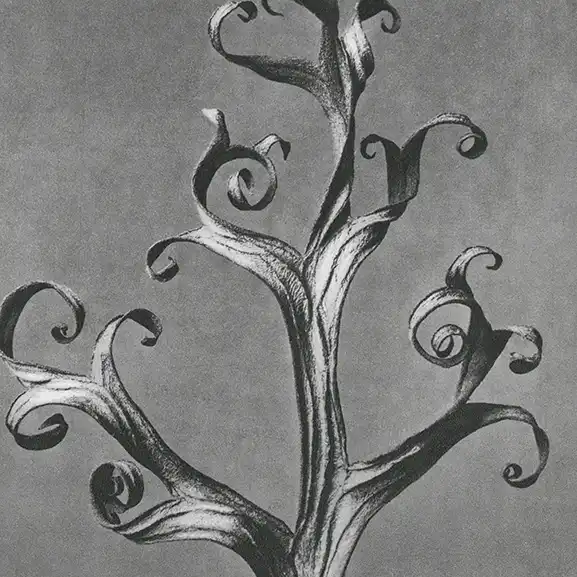
Gender Norms
In my research, I investigate how subtle manifestations of gender bias shape modern workplace dynamics, particularly focusing on the “invisible barriers” that persist despite formal progress in gender equality. At the core of my work is an examination of how societal gender norms create complex challenges for professional women through seemingly neutral workplace practices and interactions. I am particularly interested in uncovering the “hidden” mechanisms that perpetuate gender bias – from how casual conversation topics become gendered and stigmatized, to how well-intentioned organizational responses such as #metoo movement can backfire, to how visual clothing cues affect women negotiators and speakers, to how deviations from traditional gender roles being single and childfree in today’s workforce affect professional experiences. Through examining these different contexts, my research shows how gender norms operate through mundane workplace practices, creating patterns that shape professional experiences in profound ways.

Conflict and Communication
My research explores how different conflict management styles and communication approaches shape organizational dynamics across cultural and contextual boundaries. I examine this through multiple lenses – from how faultlines and team culture influence medical errors in hospital settings, to how virtual environments transform traditional conflict management approaches, to how contextual factors affect leadership communication through humor. At the core of my work is the recognition that the effectiveness of communication and conflict management strategies is deeply contextual – what works in one setting may backfire in another. For instance, my research reveals how collaborative conflict cultures can protect against negative outcomes like medical errors and patient deaths in hospital teams with strong faultlines, while the same collaborative approach might hinder virtual team performance. Similarly, I show how leader humor during feedback can build trust in some cultural contexts while damaging it in others. By unpacking these contextual dynamics, my research helps organizations develop more adaptive and effective approaches to communication and conflict management in our increasingly complex work environments.

Social Norms
My research examines how organizations can effectively leverage social norms to promote desired behaviors through understanding the mechanisms of normative influence and their boundary conditions. I investigate three key aspects of normative interventions: the linguistic features that make them effective, their cultural alignment, and individual differences in norm adaptation. Through field experiments in sustainability contexts, I demonstrate that explicit normative language significantly outperforms implicit messaging in promoting behavioral change – for instance, reducing water consumption by 146 gallons per day in residential settings. Building on this, I explored how the effectiveness of normative interventions depends critically on their alignment with underlying value systems, as revealed in my work on political ideology and COVID-19 health behaviors. My research with international sojourners further illuminates how the strength of cultural norms (tightness-looseness) affects adaptation outcomes, with personality traits like agreeableness and honesty-humility moderating these effects. Through this systematic investigation of normative processes, my research provides organizations with evidence-based strategies for designing more effective interventions while advancing our theoretical understanding of how social norms can be leveraged to promote positive organizational and societal outcomes across different contexts.